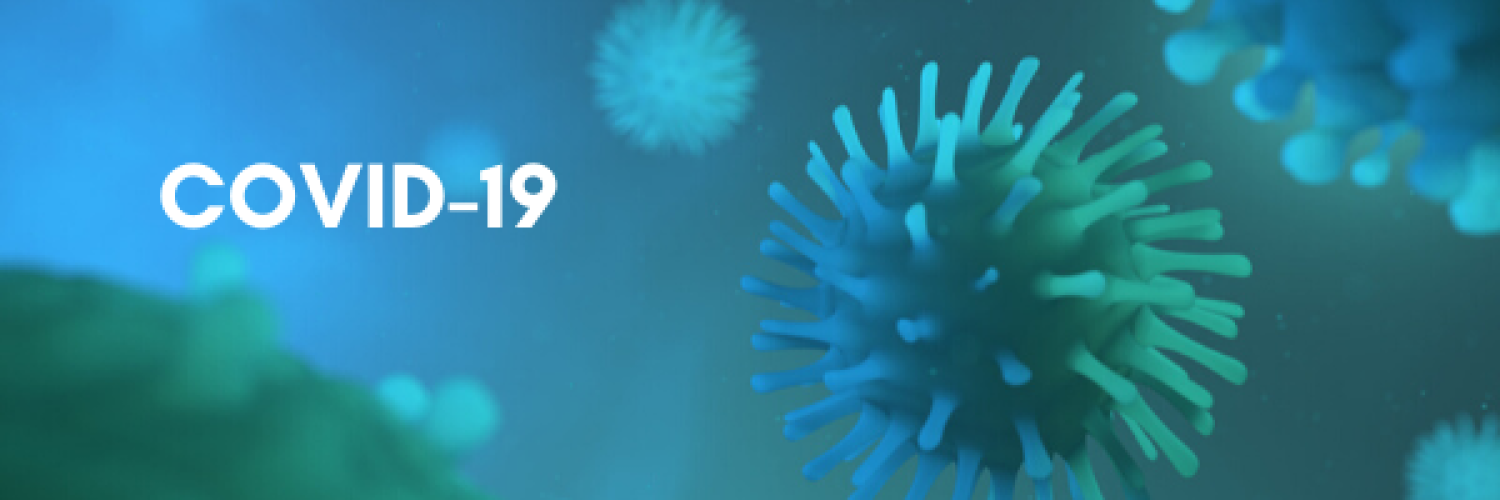News
16.03.2020 - Foods

Coronavirusnotalife-threateninghygieneproblemforfoodbutadangerforpeopleandbusinesses
Currently, there are no proven cases in which humans have been infected with the novel coronavirus (SARS-CoV-2) through the consumption of contaminated food or via imported consumer goods. For other coronaviruses, there are no reports of infections through food or contact with dry surfaces.
Accordingly, the Federal Ministry of Food and Agriculture has informed in a press statement that the transmission of the coronavirus via imported food is unlikely. Due to the low environmental stability of these viruses, they survive on food and other surfaces only temporarily.
Human-to-human transmissions, especially via droplet infection but also through smear infection, are the transmission route of the current wave of diseases (see diagram 1):
In principle, transmissions from animals to humans are possible, but they currently do not play a practical role in the spread of the diseases.
The symptoms of the coronavirus infection (COVID-19) are depicted in diagram 2.
Most illnesses progress similarly to the flu; however, severe cases, and even fatal ones, do occur. An increase in cases must be anticipated. The health risk for the population in Germany is currently assessed as moderate. A global spread of the pathogen is expected.
Significant efforts by the public health service are currently aimed at detecting individual infections in Germany as early as possible and thereby delaying further spread of the virus as much as possible.
The goal of this strategy is to gain time in Germany to prepare optimally and learn more about the characteristics of the virus, identify risk groups, prepare protection measures for particularly vulnerable groups, increase treatment capacities in clinics, explore antiviral drugs and vaccine development. It is also important to avoid, as much as possible, a clash with the current flu wave in Germany, as this could lead to a maximal strain on medical care structures.
As soon as more cases occur in Germany that can no longer be traced back to a known case, and it becomes clear that the spread in Germany cannot be permanently avoided, the containment strategy will be gradually adjusted. Then, the focus will shift more towards protecting individuals and groups with an increased risk of severe disease progression (Protection, protection strategy for vulnerable groups).
Until then, however, extensive isolation or quarantine measures in the event of individual cases will continue to be imposed by health authorities. This also leads to temporary closures of businesses and institutions, such as schools. Since the incubation period of this infection can last up to 14 days (usually around 5 to 7 days), these quarantine or closure measures often also last two weeks. In addition to the general massive economic consequences, this can be existentially threatening for the affected companies in a very short time.
Some labor law aspects in the event of business closures can be found at www.bbk.bund.de. Furthermore, it makes sense to proactively deal with the operational pandemic plan.
We wish you good health and are happy to answer any questions. Our customer advisors are at your disposal for any inquiries.
